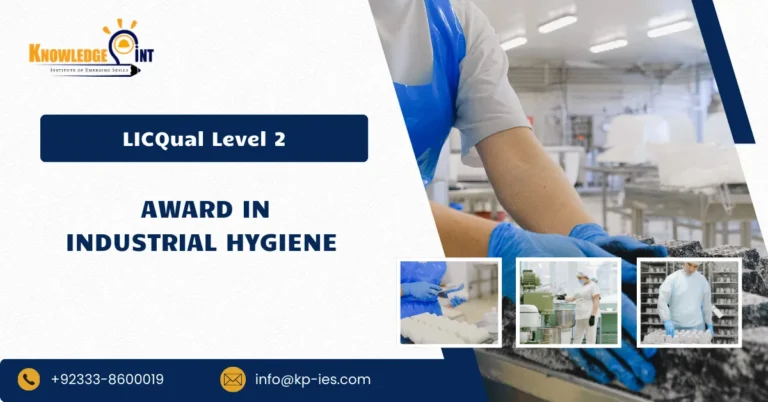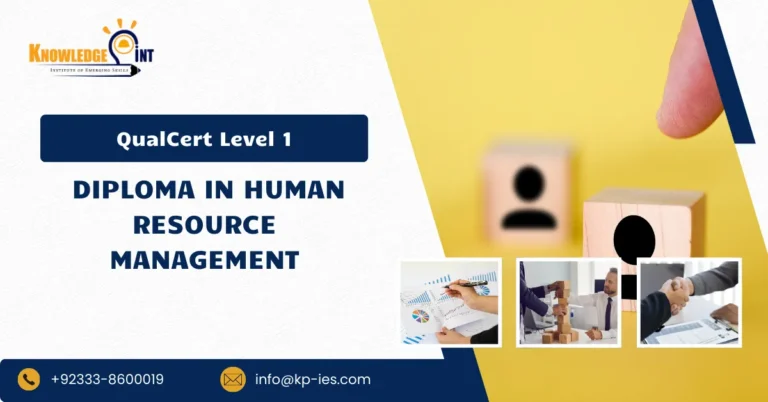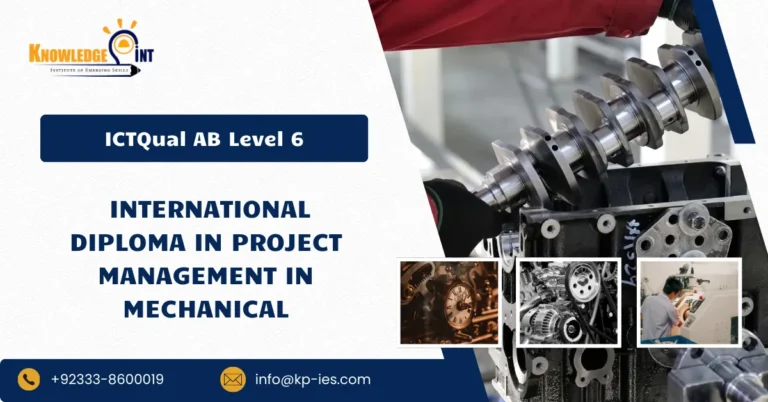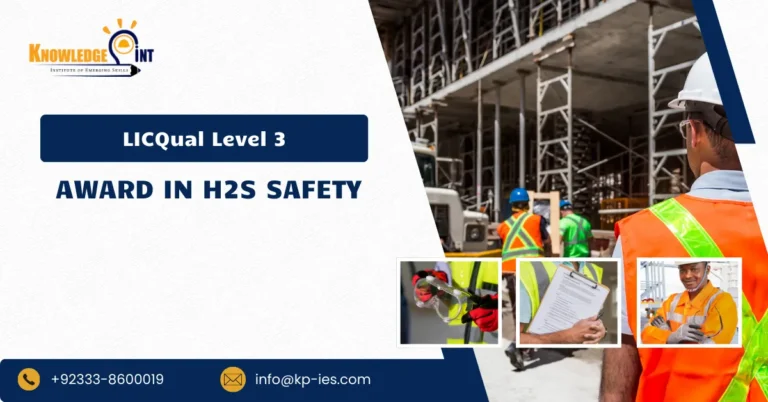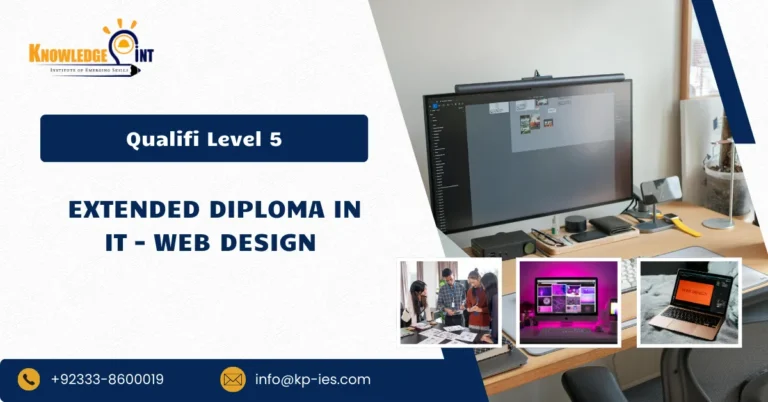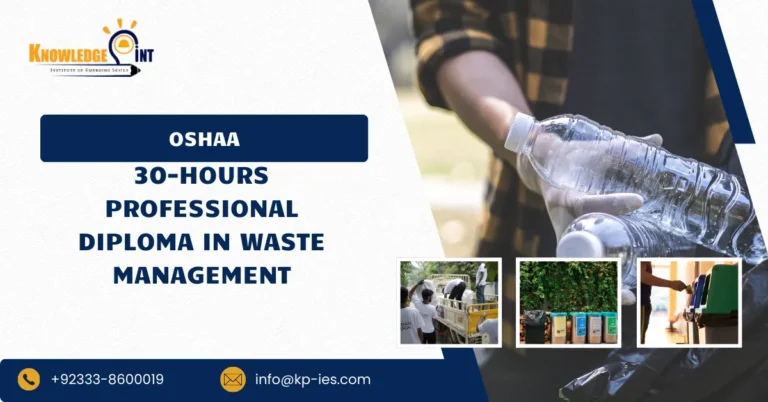OSHAA 30-Hours Professional Diploma
EAP and FPP
Awarding Body
OSHAA
Duration
30 Hours
Course Type
Health & Safety
study mode
Online Learning
Course overview
OSHAA 30-Hours Professional Diploma in EAP and FPP is designed to equip learners with the skills and knowledge necessary to develop, implement, and manage effective support systems that promote mental health, prevent crises, and build resilience for both employees and their families.
This diploma provides a comprehensive framework for HR professionals, counselors, managers, and workplace well-being practitioners, enabling them to address personal, organizational, and family-related challenges that can impact performance and morale. Participants gain practical expertise in designing intervention strategies, conducting assessments, and implementing preventative programmes that support employee engagement, reduce stress, and enhance overall workplace productivity.
The course combines psychological principles, organizational strategies, and preventative approaches to create well-rounded well-being programmes. By completing this diploma, learners develop the ability to foster a supportive workplace culture, promote family stability, and contribute to long-term organizational success. This program is ideal for professionals seeking to integrate holistic employee assistance and family prevention strategies into their workplace, ensuring a healthier, more resilient workforce and stronger employee-family relationships.
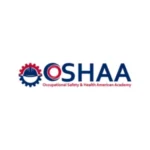
Approved Training centre of OSHAA
For OSHAA Qualifications

Entry Requirments
Entry Requirements for the OSHAA 30-Hours Professional Diploma in EAP and FPP:
- Educational Qualifications:There are no strict formal education requirements, but a basic level of literacy and comprehension is recommended.
- Professional Experience:While not mandatory, prior experience in HR, employee well-being, counseling, management, or organizational development is advantageous for understanding real-world workplace dynamics and implementing EAP/FPP strategies.
- English Language Proficiency:Since the program is delivered in English, learners must show competence in reading, writing, and communication.
Course structure
The OSHAA 30-Hours Professional Diploma in EAP and FPP qualification consists of 8 mandatory units.

